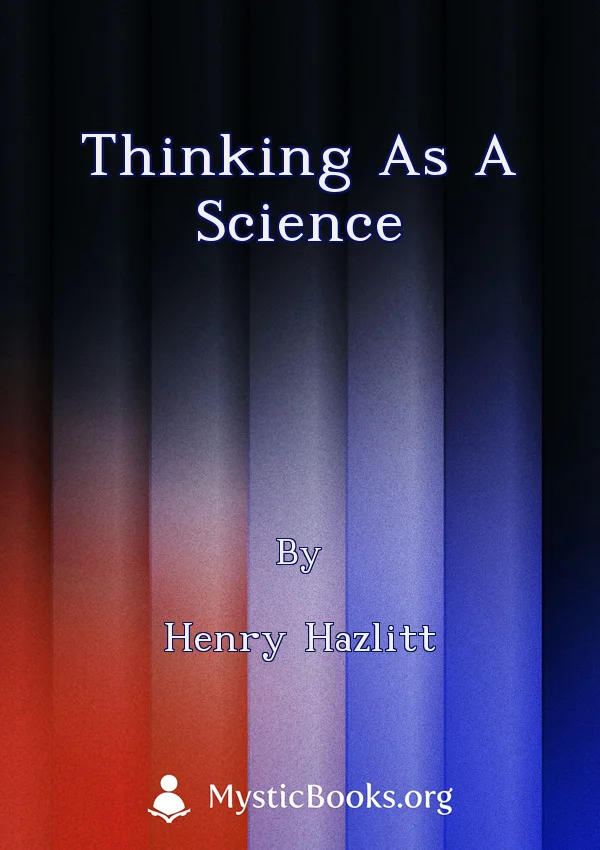
Thinking as a Science
'Thinking as a Science' Summary
"Thinking as a Science" is a guide to developing a more logical and analytical approach to thinking. Hazlitt argues that thinking can be honed and improved, and that it's a process that involves actively engaging with information, identifying biases, and constructing sound arguments. He emphasizes the crucial role of context in understanding issues and forming well-informed opinions. The book explores various aspects of critical thinking, including effective reading techniques, recognizing logical fallacies, and building persuasive arguments. It encourages readers to become more discerning consumers of information and to develop their ability to think independently. Hazlitt also delves into the importance of identifying and mitigating biases, highlighting how they can distort our perception and reasoning. Through a series of clear and concise chapters, he presents a framework for developing sound intellectual habits, equipping readers with the tools to approach complex issues with greater clarity and discernment.Book Details
Language
EnglishOriginal Language
Published In
Genre/Category
Tags/Keywords
Authors
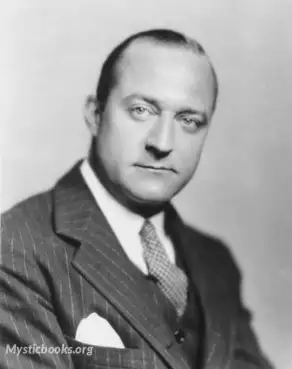
Henry Hazlitt
United States
Henry Stuart Hazlitt was an American journalist who wrote about business and economics for such publications as The Wall Street Journal, The Nation, The American Mercury, Newsweek, and The New York Ti...
Books by Henry HazlittDownload eBooks
Listen/Download Audiobook
- Select Speed
Related books
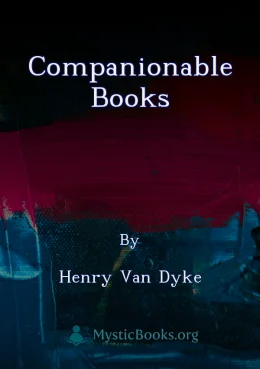
Companionable Books by Henry Van Dyke
This book, 'Companionable Books', is a collection of essays by Henry van Dyke, where he explores his personal connection with various books and author...
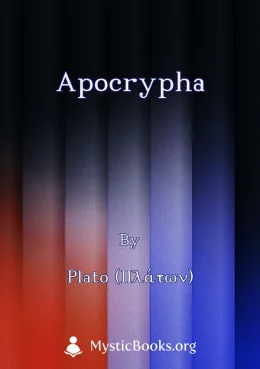
Apocrypha by Plato (Πλάτων)
The Apocrypha of Plato is a collection of texts attributed to the ancient Greek philosopher Plato, but their authorship is disputed. These works, incl...
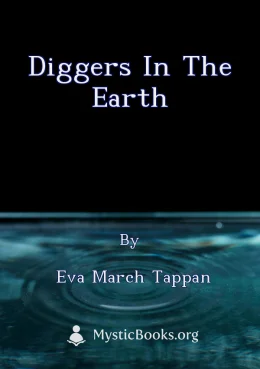
Diggers in the Earth by Eva March Tappan
This captivating book delves into the profound influence thoughts can have on children's lives. Written by Eva March Tappan, it presents a journey of...
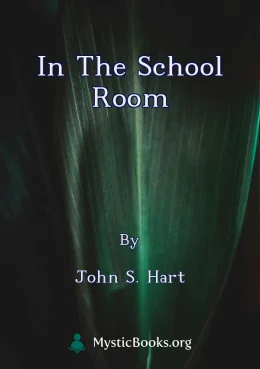
In the School Room by John S. Hart
This book explores the concept of teaching and effective instruction. The author, John S. Hart, argues that teaching is not simply about conveying inf...
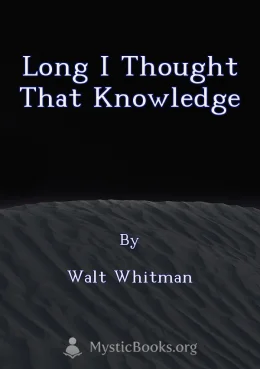
Long I Thought that Knowledge by Walt Whitman
''Long I Thought That Knowledge'' is a poem by Walt Whitman, originally published in his iconic collection *Leaves of Grass*. It explores themes of kn...
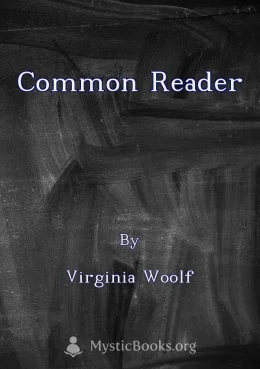
Common Reader by Virginia Woolf
The *Common Reader* is a collection of essays by Virginia Woolf, exploring a range of literary themes and authors. Woolf analyzes works from diverse...
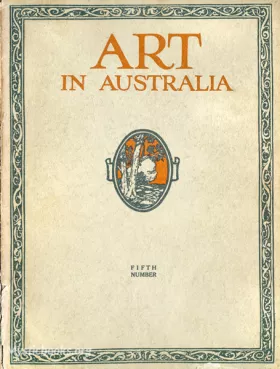
Art in Australia, No. 1, 1916 by Various
This art publication, compiled by various authors, serves as a remarkable documentation of Australian art and culture of that era. Published in 1916,...
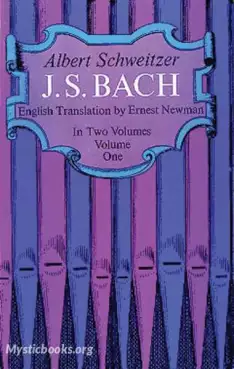
J.S. Bach, Volume 1 by Albert Schweitzer
An analysis of Johann Sebastian Bach's life and musical compositions, and of the artistic, philosophical, and religious world in which he acted.
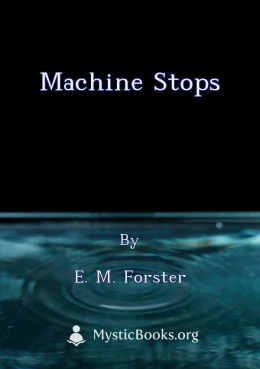
Machine Stops by E. M. Forster
The Machine Stops is a short science fiction story. It describes a world in which almost all humans have lost the ability to live on the surface of th...
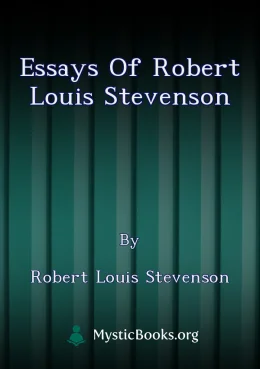
Essays of Robert Louis Stevenson by Robert Louis Stevenson
Robert Louis Stevenson's 'Essays' is a collection of nine thought-provoking pieces that explore a range of topics, from the art of appreciating unattr...
Reviews for Thinking as a Science
No reviews posted or approved, yet...